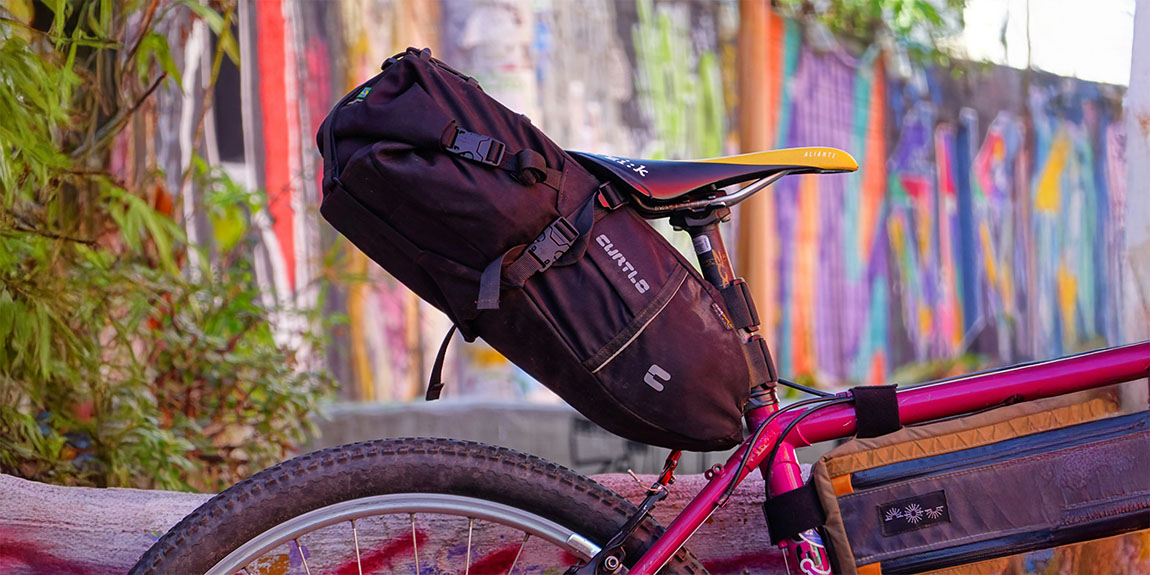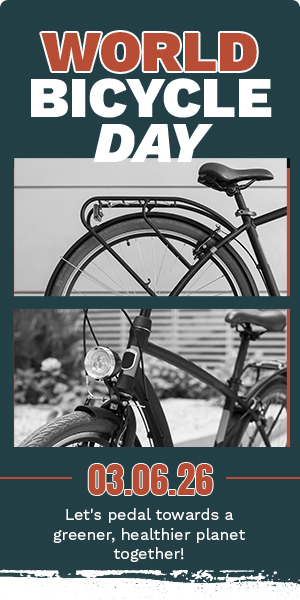
Effective navigation is a cornerstone of a successful bikepacking trip, ensuring you stay on track, avoid unexpected detours, and remain safe in remote areas. While traditional paper maps offer a crucial backup, modern digital tools have revolutionized route planning and real-time guidance. A combination of these methods typically provides the most reliable approach.
GPS devices and smartphone apps are indispensable for bikepacking, offering detailed maps, elevation profiles, and turn-by-turn directions, often with offline capabilities. Apps like Gaia GPS or RideWithGPS allow you to pre-load routes and track your progress even without cell service. It’s vital to carry power banks or a dynamo hub to keep these devices charged, especially on multi-day trips.
Beyond the technology, developing strong navigational skills is essential. This includes understanding how to read a topographic map, interpret terrain, and use a compass as a backup. Familiarizing yourself with your chosen route beforehand, noting potential water sources, resupply points, and bailout options, will significantly enhance your confidence and safety. Always have a contingency plan in case your primary navigation fails.
- Utilize GPS devices or smartphone apps with offline map capabilities. These provide detailed route information and real-time tracking.
- Carry sufficient power solutions to keep electronic devices charged. Dynamo hubs or power banks are essential for multi-day trips.
- Always have a physical map and compass as a backup. Technology can fail, and traditional tools are reliable.
- Research your route thoroughly beforehand, noting key waypoints. Understanding the terrain and resupply points is crucial.
- Develop basic navigation skills, including map reading and compass use. These skills are invaluable for self-sufficiency in the wilderness.
For More Information Please Visit: https://movcan-bike.com/ | https://bikepacking.com/









